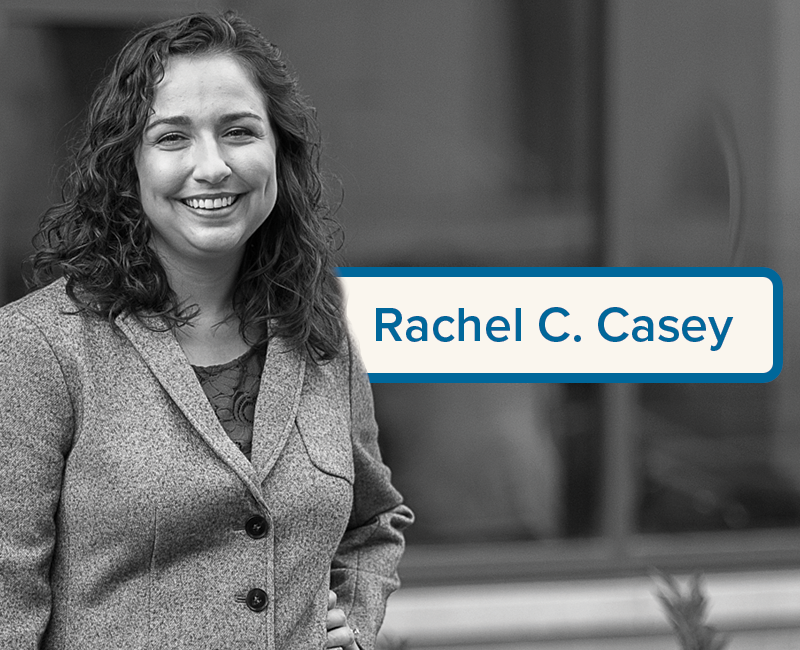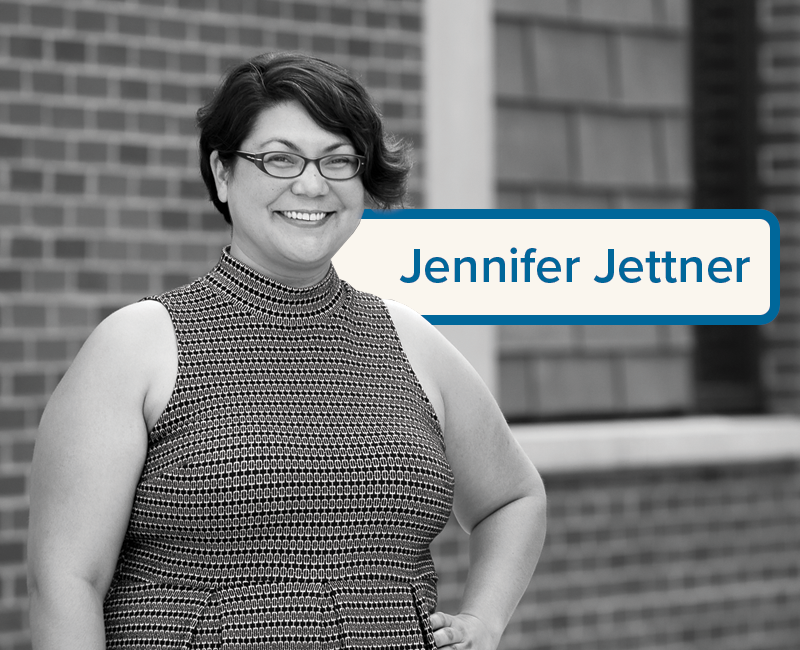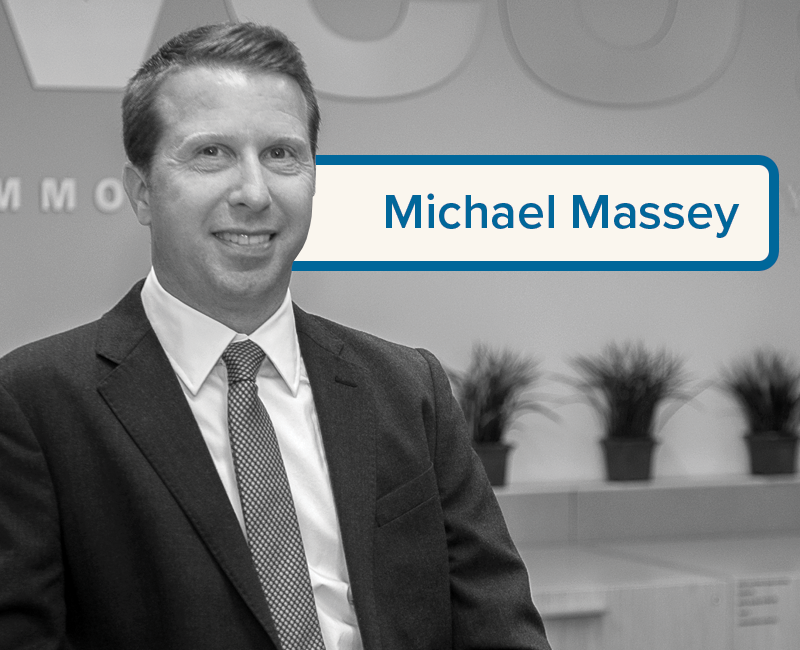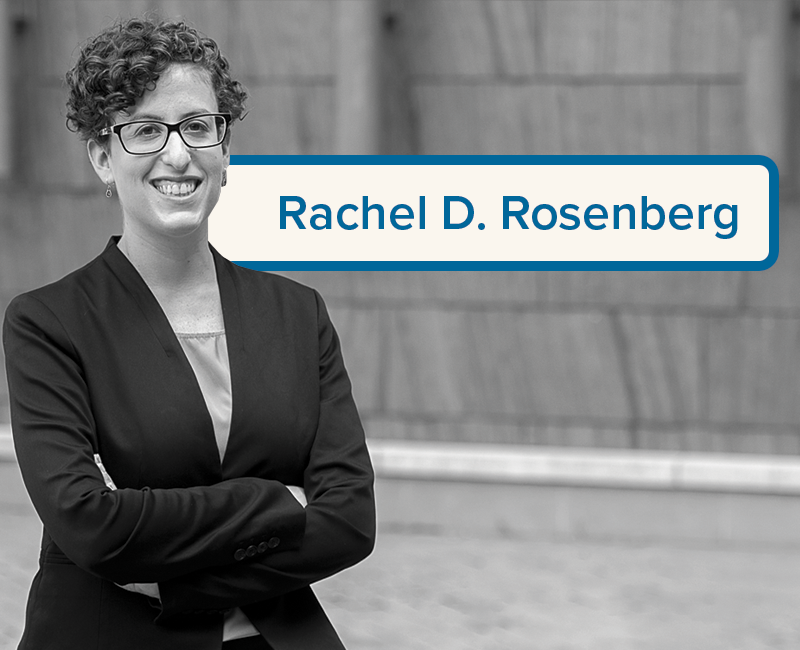Meet this year’s VCU doctorate of social work candidates and recent graduates
The Virginia Commonwealth University School of Social Work
is pleased to introduce our 2017 Ph.D. candidates and recent graduates entering the market.
With interests ranging from mental health needs of incarcerated women to food justice, each student embodies the program’s intent to advance the dissemination of research and scholarship that will aid in the development of a more socially just and inclusive society.
 Rachel C. Casey is a doctoral candidate in the Virginia Commonwealth University School of Social Work. Deeply committed to teaching, Casey served as an adjunct instructor in both the VCU B.S.W. and M.S.W. programs. Whether she is teaching a course in human behavior, social justice or research methods, Casey consistently engages students in dynamic learning experiences that help them develop a critical perspective and acquire essential knowledge and skills for competent, reflexive social work practice.
Rachel C. Casey is a doctoral candidate in the Virginia Commonwealth University School of Social Work. Deeply committed to teaching, Casey served as an adjunct instructor in both the VCU B.S.W. and M.S.W. programs. Whether she is teaching a course in human behavior, social justice or research methods, Casey consistently engages students in dynamic learning experiences that help them develop a critical perspective and acquire essential knowledge and skills for competent, reflexive social work practice.
Casey earned her bachelor’s degree in human development from Boston College and her master’s degree in social work from VCU, after which she worked for two years as a clinical social worker in a women’s prison and a group foster home. Throughout her doctoral education, Casey has continued to engage justice-involved men and women through volunteer work in local jails. Her experiences working in prisons and jails motivate Casey to conduct research about the unique mental health needs of incarcerated women, aiming to improve the responsiveness of mental health programs in correctional settings. Using data from the Bureau of Justice Statistics 2004 Survey of Inmates in State Correctional Facilities, Casey’s dissertation will examine how women’s prior experiences with violence affect their need for and use of mental health services while incarcerated.
 Jennifer Jettner received her doctoral degree from Virginia Commonwealth University School of Social Work in May 2017. She is passionate about promoting food security, food justice and food sovereignty — in essence, who gets to eat, what do they eat and how was it produced. She believes that food issues are symptomatic of structural inequities and have the power to galvanize social movements at local and global levels. To that end, her research interests also include race and privilege, inclusive community building and organizing, and sustainable community development.
Jennifer Jettner received her doctoral degree from Virginia Commonwealth University School of Social Work in May 2017. She is passionate about promoting food security, food justice and food sovereignty — in essence, who gets to eat, what do they eat and how was it produced. She believes that food issues are symptomatic of structural inequities and have the power to galvanize social movements at local and global levels. To that end, her research interests also include race and privilege, inclusive community building and organizing, and sustainable community development.
Jettner has been exploring how we might unveil systems of oppression and privilege using food as a critical lens and community gardens as sites of active citizenship and community building. Her dissertation is a mixed-method study that examined perceptions of gardeners about the role community gardens in food deserts play in promoting food justice. She explored organizational practices, decision-making processes, demographics and social capital benefits to gain insights about who is the “community” in these gardens and who benefits from them. Her study will provide a foundation to build anti-racist and anti-oppressive social work community practice within the realm of environmental justice.
Jettner has teaching and administrative experience in both the VCU B.S.W. and M.S.W. programs, including the M.S.W. distance-education format and serves as assistant director of community-engaged research in VCU’s Division of Community Engagement. She is excited to contribute to the emerging field of environmental social work education and plans to continue advancing community engagement through her own research and teaching.
Jettner is a recipient of the Graduate School Dissertation Scholarship Award.
 Michael Massey is an M.S.W. and Ph.D. candidate at Virginia Commonwealth University School of Social Work. Fifteen years of experience as a middle school and high school counselor motivated him to pursue a Ph.D. in social work in order to better understand how school policies and practices promote or create barriers to educational equity. Massey’s research interests include the school-to-prison pipeline, educational equity, and critical race theory applications to policy and practice. His dissertation examines high school teachers’ perceptions of Positive Behavioral Interventions and Supports (PBIS). Grounded in critical race theory, the study will explore the question of whether ostensibly race-neutral programs like PBIS can effectively address the root causes of racial disparities in school discipline and other academic outcomes.
Michael Massey is an M.S.W. and Ph.D. candidate at Virginia Commonwealth University School of Social Work. Fifteen years of experience as a middle school and high school counselor motivated him to pursue a Ph.D. in social work in order to better understand how school policies and practices promote or create barriers to educational equity. Massey’s research interests include the school-to-prison pipeline, educational equity, and critical race theory applications to policy and practice. His dissertation examines high school teachers’ perceptions of Positive Behavioral Interventions and Supports (PBIS). Grounded in critical race theory, the study will explore the question of whether ostensibly race-neutral programs like PBIS can effectively address the root causes of racial disparities in school discipline and other academic outcomes.
Massey is also interested in how social work educators teach and promote social justice. His presentation at the 2017 CSWE Annual Program Meeting titled “Social Work Educators as ‘White Allies’: A Critical Examination of the Literature,” is an integrative review of the literature on being an anti-racist “white ally” as a social work educator. This literature pushes social work educators to move beyond the practice of equipping future social workers with cultural competence to a potentially deeper level of social justice pedagogy and reflexive action.
Massey currently coordinates the VCU Qualitative Research Interest Group, a universitywide collective of faculty and students that share a common interest in learning about, collaborating in and promoting rigorous qualitative research.
 Rachel D. Rosenberg is a doctoral candidate in the Virginia Commonwealth University School of Social Work. Rosenberg’s research interests include the experiences of youth transitioning out of foster care, ages 16 to 25, and the challenges or successes they face during young adulthood. More specifically her dissertation, “Strengthening Social Networks of Youth Aging Out of Foster Care: Supporting Resilience to Promote Positive Adult Outcomes,” is a social network analysis examining the social networks and supports of youth aging out of foster care and how these can help facilitate resilience during the transition to adulthood. Rosenberg’s goal for her research is to inform and create better services and influence policies affecting older youth in care.
Rachel D. Rosenberg is a doctoral candidate in the Virginia Commonwealth University School of Social Work. Rosenberg’s research interests include the experiences of youth transitioning out of foster care, ages 16 to 25, and the challenges or successes they face during young adulthood. More specifically her dissertation, “Strengthening Social Networks of Youth Aging Out of Foster Care: Supporting Resilience to Promote Positive Adult Outcomes,” is a social network analysis examining the social networks and supports of youth aging out of foster care and how these can help facilitate resilience during the transition to adulthood. Rosenberg’s goal for her research is to inform and create better services and influence policies affecting older youth in care.
Rosenberg continues to work with the child welfare community in Richmond, volunteering as a court-appointed special advocate and working with a local nonprofit. She has teaching experience in both the VCU B.S.W. and M.S.W. programs, including the M.S.W. program distance-education format. Her approach to teaching is informed by principles of collaborative learning and the deliberative use of students’ experiences and skills. Rosenberg’s teaching interests include research methods, child welfare policy and social welfare policy. She has also held leadership positions in the Ph.D. program and as a liaison with school and university committees. Rosenberg is a recipient of the 2017 Hans Falck Dissertation Award.
Categories Alumni, Community, Faculty and staff, Students